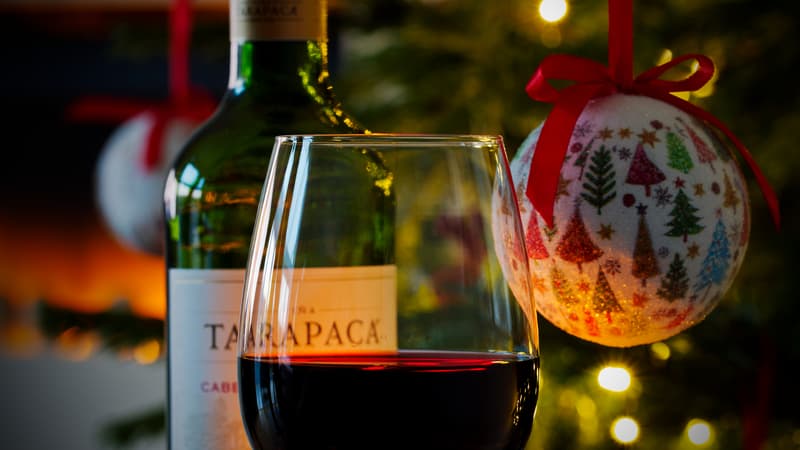Gone are the days when Advent calendars were reserved for children. Nowadays, this tradition that involves making the little ones wait until December 24 with a photo or a chocolate a day comes in all its forms and for all ages. Toys, perfumes, cosmetics, food… and even alcohol.
Many wine, whiskey and other breweries producers have positioned themselves in this market. Their Advent calendars, which cost between sixty and several hundred euros, offer one bottle a day for 24 days.
“It works quite well, it is something that has developed in the last five years, especially among the male audience,” confirms Clara Wyler. Founder of the Duchemann brewery in Oise, she produces several calendars each year for between 30 and 90 euros.
“On the one hand, there are the enthusiasts who want to treat themselves and those who want to give ‘a nice gift’ to a loved one: a father, a cousin, a brother for the end of year holidays,” she explains.
“It’s not chocolate!”
If the public seems seduced by this new trend, doctors and addiction professionals do not view it favorably. Professor Amine Benyamina, president of the French Federation of Addictions (FFA), has a very strong opinion on this matter:
“It is completely misleading because it trivializes the product and its consumption, and encourages people to consume not only regularly, but even daily,” laments the professor.
For him, these initiatives are totally inappropriate: “The industry has once again found a way to hijack a tradition to sell it. I can only regret that it has been involved in this social ritual.”
“Alcohol promotion is already present everywhere,” denounces Professor Mickaël Naassila. President of the French Society of Alcoholology, he sees in these Advent calendars an “additional way of anchoring its consumption in our daily lives”, associating alcohol with a “festive time of the year”.
Alcohol consumption is here linked to “a recreational object, taken from the world of children and evoking Christmas celebrations”, also laments Franck Lecas, from the Addictions France association, interviewed by 60 million consumers. Especially since the Evin law aims to protect minors from incitement to consume alcohol, largely regulating advertising in favor of alcoholic beverages.
A concept considered inappropriate
“The message sent to young people is very bad,” says Mickaël Naassila. “From a commercial point of view, it cannot be denied: the idea is very good because it is a super positive communication. But it is disastrous in terms of public health. Furthermore, we are fighting precisely against the development of habits and we emphasize “How important it is have days without alcohol, at the risk of it becoming automatic.
“It is enough that at night, after having consumed the beer from your Advent calendar, you have another alcoholic drink at the table and you will already be far beyond the public’s recommendations,” he adds.
Health authorities recommend consuming no more than 10 “standard” glasses per week and no more than two “standard” glasses per day, as well as having “weekdays without consumption.”
Clara Wyler, very aware of the “harmful” side of alcohol, hears these criticisms about encouraging daily consumption. However, brewery founder Duchman wants to do away with the “drinking side” of the concept. For her, the idea is not necessarily to consume the bottle from each open box on the same day, but to save them for future consumption.
It also insists that the bottles it offers in its Advent calendars are non-perishable for at least a year. For her, the pleasure of the concept lies more in the “wonder and discovery of each day a new bottle that we will save for later.”
“Some drink one once in a while, then save the other the next day and the day after that for the next snack with friends,” he says. “The idea of the calendar is also to take the time to appreciate the time that separates us from the tasting, telling ourselves ‘I know it’s waiting for me in the refrigerator.'” But obviously you have to know how to follow this approach.
Even in low doses, alcohol can be dangerous to your health. For more information, go to the Alcohol Information Service. The toll-free number 0980.980.930 can also be accessed anonymously every day from 8 a.m. to 2 a.m.
Source: BFM TV


